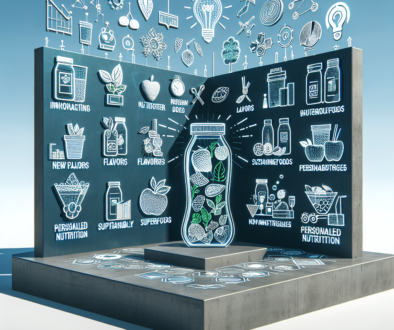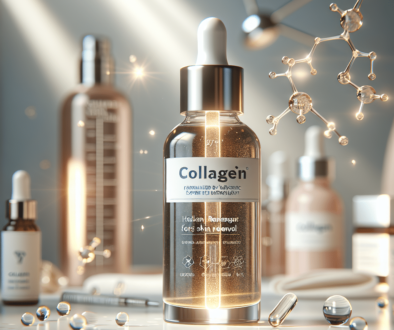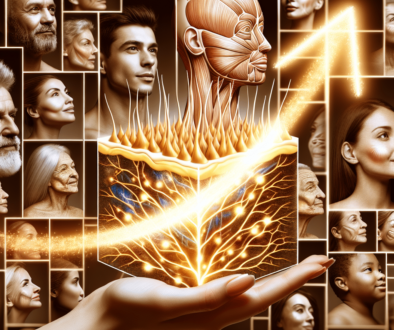Effects Of Climate Factors On Joint Inflammation, Immune Organ Index And Tissue Morphology In Type ¢ò Collagen-Induced Rheumatoid Arthritis Model Rats
Keywords
Rheumatoid Arthritis, Type Ii Collagen, Freund’S Complete Adjuvant, Climatic Factors, Thymus Index, Spleen Index, Joint Inflammation, Tissue Morphology
Abstract
Objective To observe the effects of climate factors on joint inflammation, immune organ index and tissue morphology in type II collagen-induced rheumatoid arthritis (RA) model rats. Methods 40 SD rats were randomly divided into 4 groups: blank group, type ¢ò collagen group, type ¢ò collagen + artificial wind-cold-dampness group (referred to as wind-cold-dampness group), type ¢ò collagen + artificial rheumatic heat group (referred to as rheumatic-heat group). There are 10 animals in each group, half male and half female. The blank group was given an equal amount of normal saline, the type II collagen group was injected subcutaneously with a type II collagen adjuvant mixture, and the other two groups were induced with a type II collagen adjuvant mixture, plus artificial climate factors to prepare RA rat models. After 28 days of modeling, the arthritis scores, thymus index, and spleen index of rats in each group were compared, and the tissue morphological changes of the left hind limb ankle joint of rats in each group were observed. Results Compared with the blank group, the rats in each model group had varying degrees of toe joint swelling, and the arthritis scores were significantly increased, and the difference was highly statistically significant (P<0.01); the spleen index in each model group was increased. High, the difference between the wind-cold-dampness group and the blank group was statistically significant (P<0.05); tissue morphology observation, after modeling, the ankle joints of rats in the type II collagen group, wind-cold-dampness group and rheumatic-heat group showed varying degrees of synovium Hyperplasia and lymphocyte infiltration. Conclusion Climate factors have a certain impact on joint inflammation and tissue morphology in RA model rats induced by type II collagen, and can aggravate the pathological damage of joints in RA rats. For further information of this article and research, feel free to contact our team for asssitance. Original research was done by Liu Fei, Wu Guotai, Qiang Yujing, Luo Kuiyuan, Ma Tengmao, Gao Huiqin
About ETChem
ETChem, a reputable Chinese Collagen factory manufacturer and supplier, is renowned for producing, stocking, exporting, and delivering the highest quality collagens. They include marine collagen, fish collagen, bovine collagen, chicken collagen, type I collagen, type II collagen and type III collagen etc. Their offerings, characterized by a neutral taste, and instant solubility attributes, cater to a diverse range of industries. They serve nutraceutical, pharmaceutical, cosmeceutical, veterinary, as well as food and beverage finished product distributors, traders, and manufacturers across Europe, USA, Canada, Australia, Thailand, Japan, Korea, Brazil, and Chile, among others.
ETChem specialization includes exporting and delivering tailor-made collagen powder and finished collagen nutritional supplements. Their extensive product range covers sectors like Food and Beverage, Sports Nutrition, Weight Management, Dietary Supplements, Health and Wellness Products, ensuring comprehensive solutions to meet all your protein needs.
As a trusted company by leading global food and beverage brands and Fortune 500 companies, ETChem reinforces China’s reputation in the global arena. For more information or to sample their products, please contact them and email karen(at)et-chem.com today.



